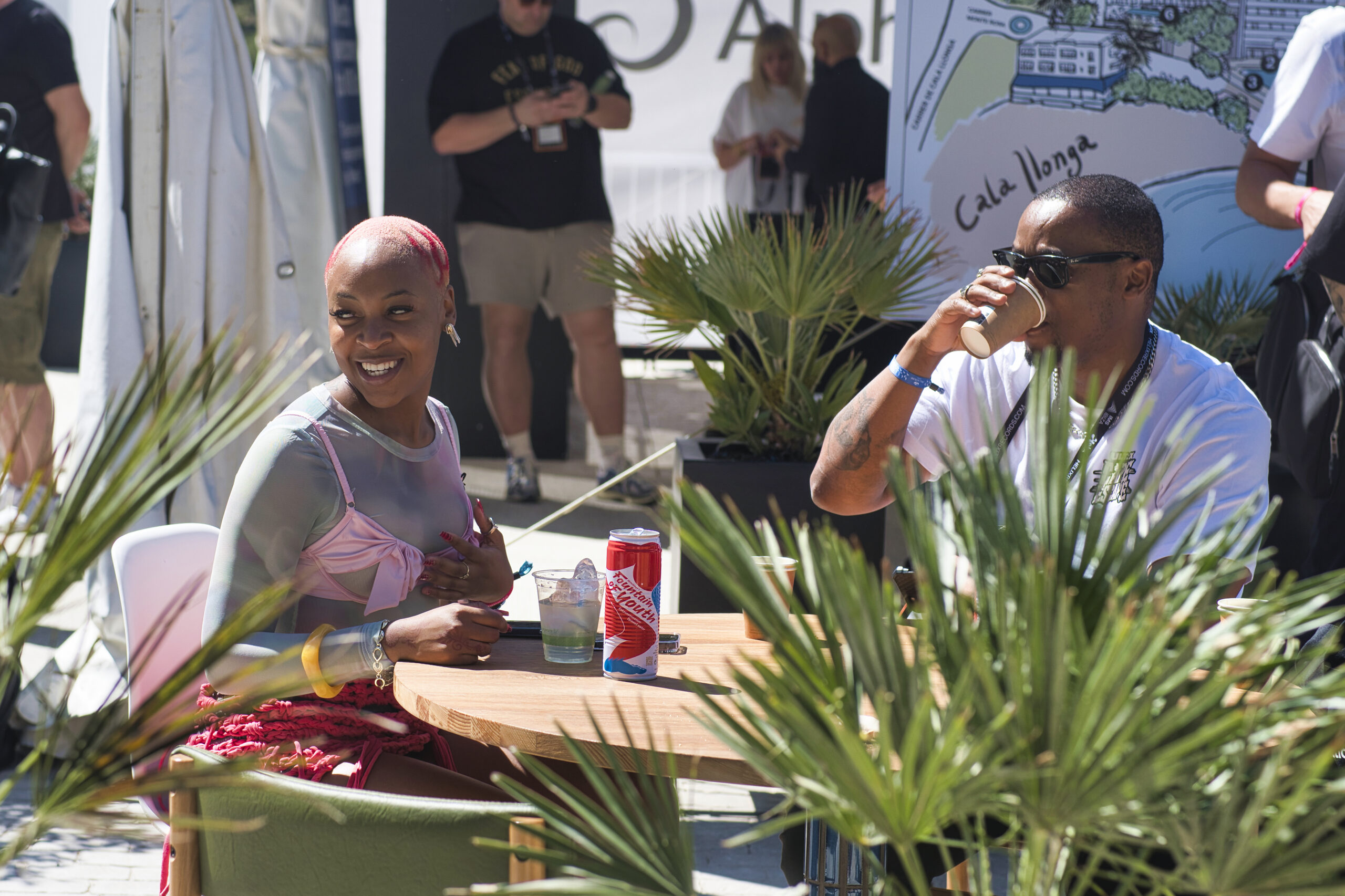Hosted by AFEM: Association for Electronic Music | IMS Ibiza 2025
Curation in electronic music has never held more weight – or responsibility. At The Present and Future of Curation: Who Curates the Curators?, hosted by AFEM at IMS Ibiza 2025, some of the most respected figures in global music programming gathered to unpack this question in a way that felt both philosophical and urgent.

Moderated by Georgia Taglietti (AFEM; Culture & Campaigns, Spain), the panel brought together a diverse mix of curators, tastemakers and artist-programmers:
- Alex Nikolov (LEXA; Co-Founder, Bulgaria)
- Benji B (BBC Radio 1; Artist, Curator & Broadcaster, UK)
- Chloé Caillet (Artist, France)
- Frederic Schindler (Too Young / Catalog; Music Supervisor / CEO, France)
- Ikram Bouloum (Sónar / BAM Festival; Booker / Co-Creative Director, Spain)
- Raphael Pujol (The Beatport Group; Vice President, Global Curation, France)
Together, they explored a critical truth: the act of curation is no longer just about track selection – it’s about storytelling, representation, connection, and legacy.
Ikram Bouloum spoke powerfully about her role shaping Sónar by Day, explaining how she builds narratives that blend the local with the global, and the present with the timeless. For her, programming is political. “Every time we choose an artist, we’re shifting the spotlight,” she said. “We have a responsibility to tell more than one story.”
Benji B, the BBC Radio 1 mainstay and Deviation club founder, brought a lifetime of musical insight to the conversation. “Curation is about context,” he explained. “It’s not just what you play – it’s when, why, and how. That’s something you can’t teach; you have to feel it.” His weekly two-hour show might be the finished product, but the unseen work – two full days of listening and filtering – is a ritual in itself.
From the festival field to the fashion runway, Frederic Schindler offered a behind-the-scenes view of music supervision. His role as a connector between sound and storytelling showed how curation expands beyond the club and into cinema, advertising, and design. “It’s not about picking a cool track,” he said. “It’s about translating emotion – finding music that deepens the meaning.”
Beatport’s Raphael Pujol spoke from the frontline of global digital curation. With 30 curators working across genres, cultures and continents, his work involves trusting the ears of local experts, not just following trends. “We don’t define scenes – we respond to them,” he said. “Curation starts with listening.”
Alex Nikolov reflected on building platforms from the ground up, where community, not clout, shaped the artist journey. His perspective, rooted in the Bulgarian underground, reminded the room of how curation often begins by supporting your peers before anyone’s watching. “It was never about strategy,” he said. “It was about energy, values, and believing in each other.”
Meanwhile, Chloé Caillet painted a vivid picture of curating with heart on the island of Ibiza. Amidst the noise of superclubs, her mission is intimacy, diversity, and keeping the island’s soul alive. “We create spaces that feel inclusive and rooted,” she shared. “That’s what makes people come back – not the spectacle, but the spirit.”
The takeaway? Curation is a craft. It’s layered, lived, and collaborative. As panellists agreed, it’s not about gatekeeping – it’s about caretaking. Platforms like Beatport, festivals like Sónar, and cultural spaces like Deviation don’t just reflect what’s cool; they help define what’s meaningful. And in an age of constant content, that’s more vital than ever.
In a time where tech, algorithms, and AI could flatten cultural nuance, this panel reminded us that the curator’s job is to protect the unexpected – to champion the unheard – and to thread stories that algorithms can’t comprehend.
Curation isn’t a playlist. It’s a point of view. And if this conversation proved anything, it’s that the people curating the curators are listening deeper than ever.
